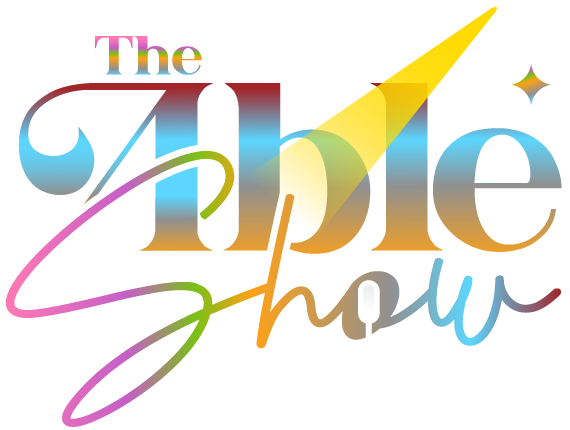When first published in 2003, The Curious Incident of the Dog in the Nighttime was a critically acclaimed book that introduced a young adult audience to high-functioning autism. It was an engaging tale about an autistic teenager trying to solve a mystery and their struggles with autism. The book exposed truths about autism, rarely discussed in mainstream media previously. However, it also had many negative stereotypes about the condition. In this blog, I provide my review, as an autistic person, of The Curious Incident of the Dog in the Nighttime.
Considering this mystery novel, one does not want to give too many details. However, these spoilers are necessary for an honest review of the book. So, if you have not read the book yet but are planning on reading it and don’t want any spoilers, do not read this blog. For everyone else, read on.
The book portrayed autism in some ways as Rain Man, namely the protagonist’s brilliance in math and memorization of facts. But unlike Rain Man, this youth is intelligent, making him “high-functioning”. Also, the way the book portrayed him is more three-dimensional. Here, we have someone with sensitivities rather than merely sticking to routines, similarly depicted in Rain Man. Christopher, the protagonist, does not like noises or being touched. He is also very interested in esoteric things, including astronomy and memorizing the positions of the stars.
As a person with autism, I can attest that these are accurate depictions. This book also showed that when an autistic person throws a fit, he is very often not simply a crybaby but fighting for his rights and needs. Christopher has a meltdown because his school will not give him the highest level of math afforded to British high schoolers, even though he is perfectly capable of doing that. For context, unfortunately, many people with genius-level intelligence are held back by an education system that has a cookie-cutter mentality. This mindset is especially the case with special needs people who, like Christopher, are all too often placed in unique education settings more geared towards “low-functioning” students no matter how high their IQ is.
Another thing this book nailed is the family dynamics of households with autistic youth. Many autistic teenagers receive a lot of anger and emotional abuse from otherwise loving parents, and divorce is prevalent in such households. Up until this time, the media portrayed parents of youth with autism as being sad over their child’s condition yet portrayed as solid and loving figures. Here, we have parents who don’t display this same strength and regularly yell at their child. The mother threatens to put him in an institution and that she cannot take it anymore, leading to her eventual leave from the family, followed by his father telling Christopher that his mother is dead.
What the book got wrong was the person with autism’s lack of empathy and human understanding. When Christopher finds out it is his father who killed the neighbor’s dog, he thinks his father is going to kill him next. I found this very demeaning. Yes, people with autism often have low social skills, but it does not mean we do not understand others. A high-functioning autistic teenager should be able to distinguish between a father killing his neighbor’s dog and a father killing his child. Maybe the author did have a point about Christopher coming to hate his father, but there were many other reasons he could have had for having that desire. The greatest of which was the father telling his son one of the worst lies he could- that his mother was dead.
Additionally, I find an issue with Christopher appearing to be unfazed by his mother’s death. It plays on the stereotype that autistic people feel no emotions. That stereotype only serves to give credence to those who mistreat people with autism. Neither does Christopher appear affected by all the anger he receives from his parents. I have autism, and if my mother died when I was young, I would be greatly troubled by it, just like almost all other kids who lose their parents at a young age. I suffered because of my parents’ excessive anger towards me and their mourning of my disability and who I was, and this has dramatically strained my relationship with my parents, even if they were always very loving to me.
Another issue I have is where Christopher ends up, at the end of the book, in the tiny apartment with colors he does not like with his mother rather than in the lovely house with his father. People with autism are often very connected to objects and would not have such a preference, especially if the parent living in the small apartment was also the less patient one. When my parents were considering getting a divorce, I insisted on staying at the lovely house with my father even though my mother objected, and in my case, my father would have been less equipped to take care of me. It was mainly for that reason that my parents did not divorce.
This book had almost no lovable characters besides Christopher and his teacher. All the other major characters were, in my opinion, horrible. The father lied to his son in one of the worst possible ways, and killing his neighbor’s dog was not a good show of character either. The mother could get impatient and inconsistent, leaving the house for her neighbor, who was in love with her. That neighbor was also horrible, leaving his wife responsible for breaking up Christopher’s family.
Nevertheless, this was an exciting book. It opened the door to an understanding of autism for both young people and adults. Even if it was not the most accurate portrayal and, at times, a demeaning one, it was a step in the right direction as it began a meaningful dialogue about autism.
